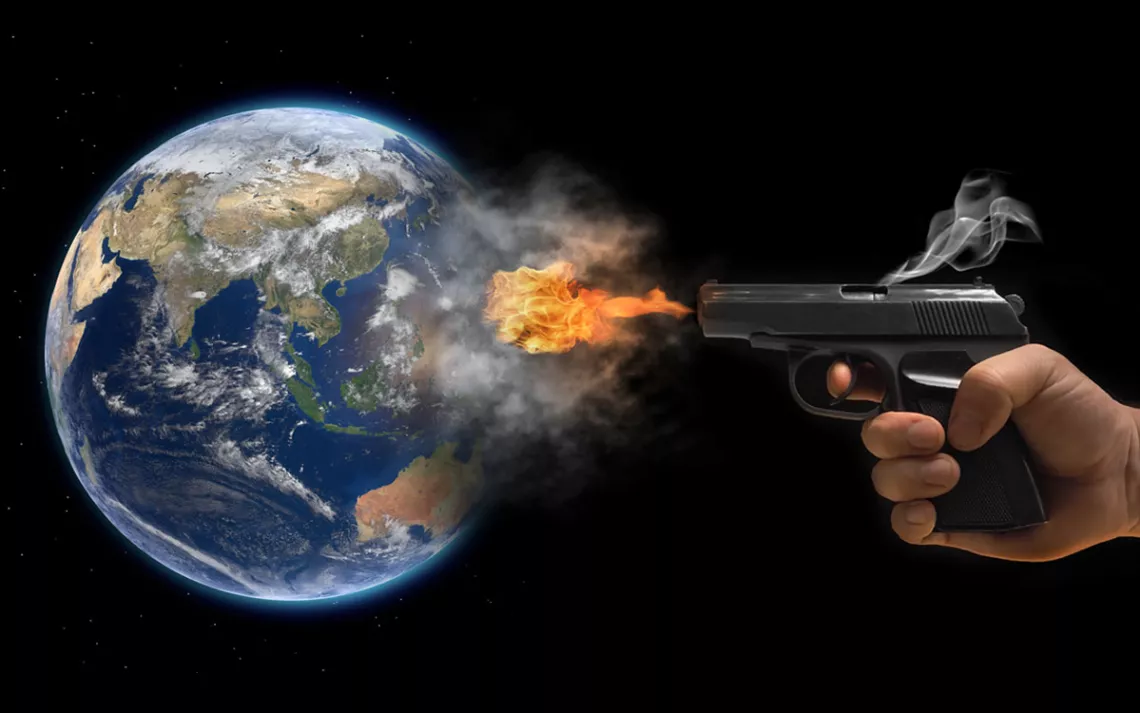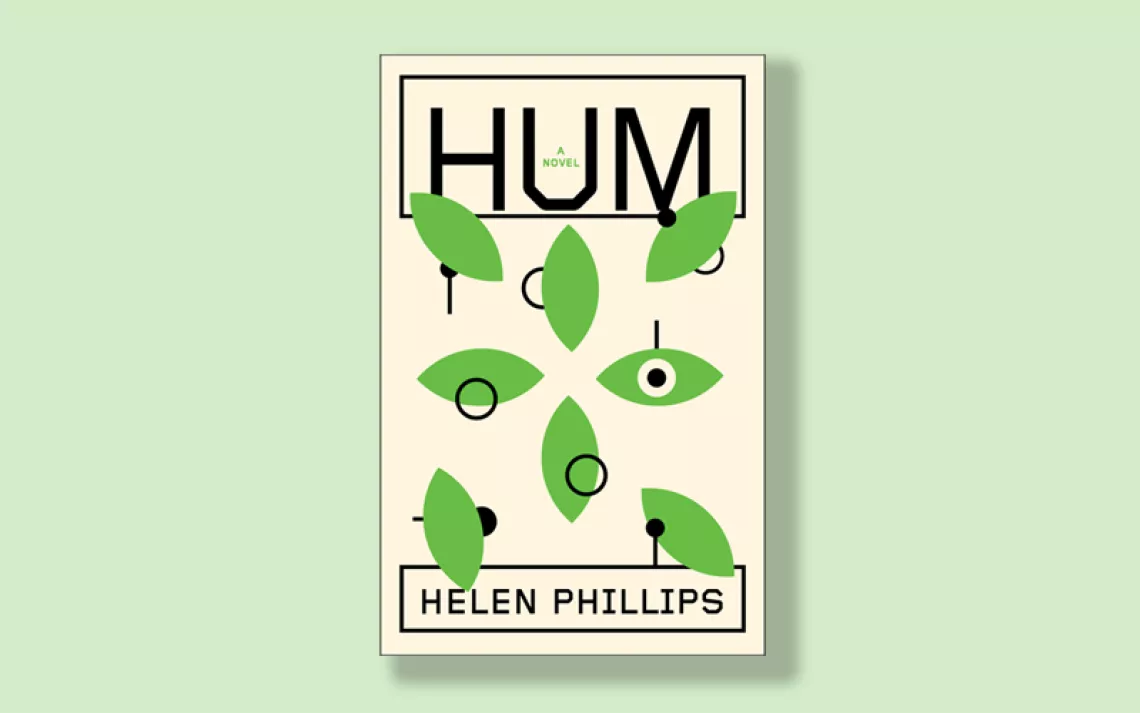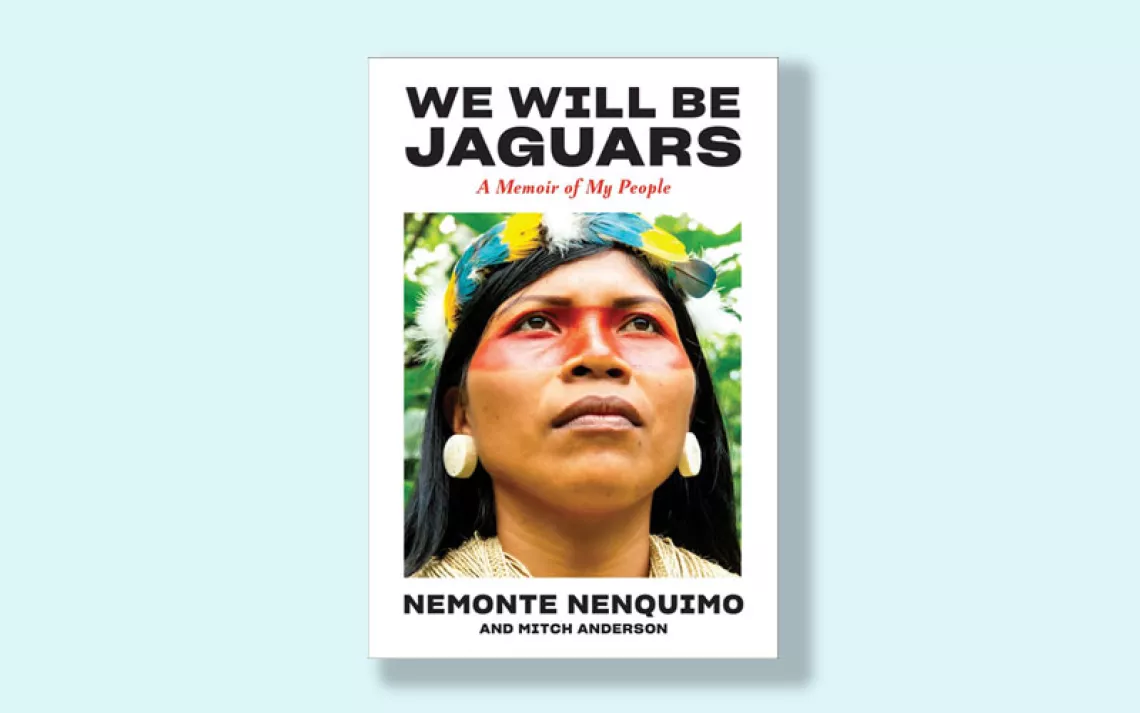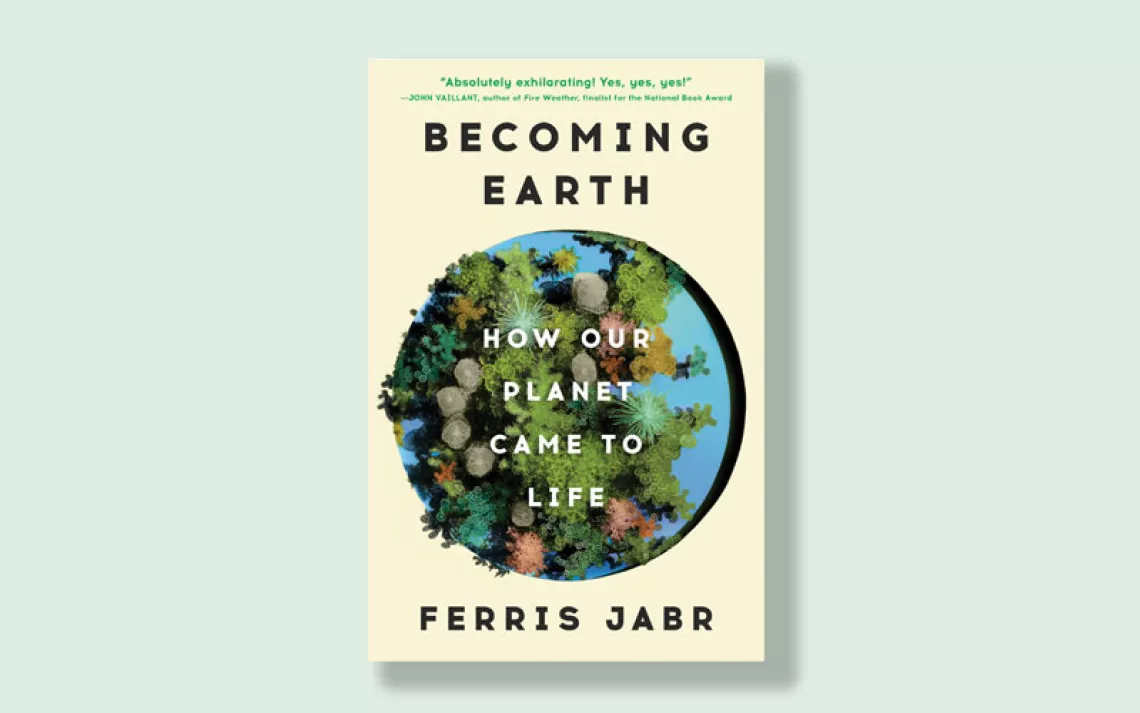The Usual Suspects
David Lipsky’s "The Parrot and the Igloo" delivers a noir-ish take on the climate change saga

Composite image including iStock (earth) Abrill / iStock (gun) Arseniy45
Climate change has something of a narrative problem—at least according to the long-standing conventional wisdom among climate communicators. For years, there was a worry that the existential threat felt too far off in the future to grab people’s attention. That challenge has now evaporated in the heat of record-breaking temperatures, but the climate story still struggles with scope. It’s just so huge. When your subject is as large as the sky, where do you start?
This hitch helps explains why, in the past decade, much of the best literary journalism about climate change has focused on discrete parts of the big picture: fires, floods, rising sea level, extreme heat, climate migration. And even if a writer can tease a story out of planetary upheaval, there’s still a plot predicament. The most viral stories can often be boiled down to good guys + bad guys = conflict. But the bad guys are hard to pin down when we are each—to varying degrees—somewhat responsible for roasting the planet. With the exception of dogged muckrakers like Amy Westervelt (who for my money is the Ida Tarbell of our age), many writers have failed to land a punch against the carbon barons. The invisible hand of global capitalism leaves no fingerprints.
Maybe, though, climate change doesn’t really have a narrative problem. The story is right there in front of us. We just need a different style of storytelling and new storytellers coming to the subject with fresh eyes.
Enter David Lipsky and his latest book, The Parrot and the Igloo: Climate and the Science of Denial (W.W. Norton, 2023). This is not a book lacking in ambition. Lipsky wants to tell the whole, sprawling, messy tale of climate change: how modern technology made it all happen, how scientists figured it out, and how a network of hustlers and hucksters distracted the public from the threat before our eyes. In the end he pulls it off, delivering a propulsive read that has the snap of a screenplay.
Lipsky is a major talent. Winner of the National Magazine Award. Writer of critically acclaimed fiction. Author of two nonfiction bestsellers: an immersion-journalism dive into the culture of West Point, Absolutely American, and a fanboy romp with the novelist David Foster Wallace, Although of Course You End Up Becoming Yourself, which was turned into a film with Lipsky played by Jesse Eisenberg. In The Parrot and the Igloo, Lipsky marries a novelist’s stylishness to a journalist’s rigor to create a cinematic refashioning of the climate change story. “Climate science is a hall of ironies,” he writes. “Climate denial is the broken bottles and roasted tire smell of the parking lot. It’s the scientists never invited inside.”
Those steeped in the scientific history and politics of global warming might not find many revelations here. For his source material, Lipsky leans heavily on the library (“history is shelving,” he quips at one point) and the reporting of writers like Elizabeth Kolbert, Richard Kluger, and Naomi Oreskes and Eric Conway, plus 70 years' worth of newspaper and magazine clippings. From the capsule bios of Thomas Edison and George Westinghouse, to the stories of scientists like Svante Arrhenius and Roger Revelle, to his X-ray of the science-denial movement, much of this is well-covered ground. It’s the velvety texture of well-tailored prose that makes this book a climate must-read. There’s writerly panache on every page.
Take this bit about how the science-denial machine morphed from clouding the research on cigarettes to cloaking the findings about the greenhouse effect: “The funny thing is, it failed with cigarettes. It just succeeded with climate. It was the bullet fired by the dying mobster, that strikes the policeman there on the warrant to arrest somebody else.” Is it just me, or did you catch a whiff of Dashiell Hammett? The Parrot and the Igloo has a distinctly noir quality. Our narrator plays the role of the hard-bitten, seen-it-all private investigator trailing the perps through a fog-dimmed night. “He was forty-seven now,” Lipsky writes of the British climate denier Christopher Monckton. “The October age, with a phone always ringing somewhere and the hour tugging at your pant leg.” The author is an unforgiving, often funny observer of human foibles. “Fame precedes you through the door and softens up the room,” he writes of another climate denier seeing his influence fade. “Notoriety sticks the hinges.”
The noir-ish mood is just the right register for a novelistic history of climate change. What is climate change, after all, if not the greatest crime every committed, a global caper pulled off in plain sight?
Lipsky is a cultural omnivore (a David Foster Wallace buddy, after all), and he cites as his models for this book “a Netflix release where the episodes drop together,” a novel “like Great Expectations, if the hero were an idea,” and the 14th-century Italian short story collection The Decameron. Reading this sweeping saga, another cultural reference came to mind: the crowded album cover of Sgt. Pepper’s Lonely Hearts Club Band. There are a lot of characters, a lot of faces—some famous, some obscure, and all of them playing a part in shaping the history of climate change.
You might expect many of the figures who feature in the book. There’s the brilliant and eccentric Nikola Tesla, “incapacitated by the sight of earrings on women, also by peaches.” There’s the prophetic NASA climatologist James Hansen, with “the catcher’s mitt face of a farmer, someone you might see giving directions to a sports car at the side of a long, flat highway.” The unexpected cameos are the best part, the long roster of bold-faced names who briefly ricochet into the climate change plot. Secretary of State James Baker makes an appearance, “a quiet man in a flawless suit, with a set of keys to unlock every door.” So does the Reverend Sun Myung Moon, whose largesse for many years paid the bills of the climate deniers who turned their personal paranoias into predatory delay. You’ll spot Presidents Nixon and Obama, Leonardo DiCaprio, and Oprah, Big Oil, and Big Tobacco too.
The lengthy cast list underscores the fact that we are all inescapably connected to climate change. The book’s twists and turns are a stomach-churning reminder of how often history folds back on itself—like an ouroboros, the snake eating its own tail. For decades the public at large has been aware of the basic science of climate change; the greenhouse effect first made The New York Times in 1956, a year before Sputnik defaced the firmament. But we still spent some 50-plus years in circular discussions and concocted debates. It was all mostly one reboot after another.
My only quibble with this fantastic book—and I know this is a strange thing to say of a volume that’s nearly 500 pages long—is that it ends too soon. Lipsky wraps up the main narrative in the early years of the Obama administration, around the time of the disastrous Copenhagen climate summit, the nadir of global climate politics. Which means that the reader misses the latest, most exciting chapters in the climate saga: the past 15 or so years, during which citizens movements have begun to, just barely, break climate history out of its ironic repetitions. In these pages, there are no Keystone pipeline protests at the White House, no People’s Climate March, no Fridays for the Future.
It’s uncool, of course, to ding a writer for the book they didn’t write. But reading The Parrot and the Igloo, I kept wondering what it would be like if Lipsky’s impressive talents had been spent chronicling the bizarro version of his current tale and focusing, instead, on the activists and inventors who have fought to arrest climate chaos. The faces in the Sgt. Pepper’s tableau would look a lot different. In place of Edison and Tesla you’d have, say, the recently deceased battery pioneer John Goodenough and the Bell Labs engineers who developed the first silicon solar cells. Instead of the climate-denying Moonies you’d have the eco-ecumenical advocates of Interfaith Power and Light. Rather than spill so much ink over climate deniers, you’d spend it on the Sunrise Movement, the Indigenous water protectors, the school strikers. There’d be much less of clowns like Senator Jim Inhofe and much more of climate champions like Senator Sheldon Whitehouse.
That’s probably a fool’s wish. Lipsky’s sardonic wit and world-weary vibe wouldn’t pair very well with profile subjects like Greta and McKibben; cool doesn’t usually play nice with earnest. But hopefully some novelist-journalist of his caliber is working on such a title. I know it would be one hell of a story, the kind of tale that will only get better with the retelling.
 The Magazine of The Sierra Club
The Magazine of The Sierra Club



